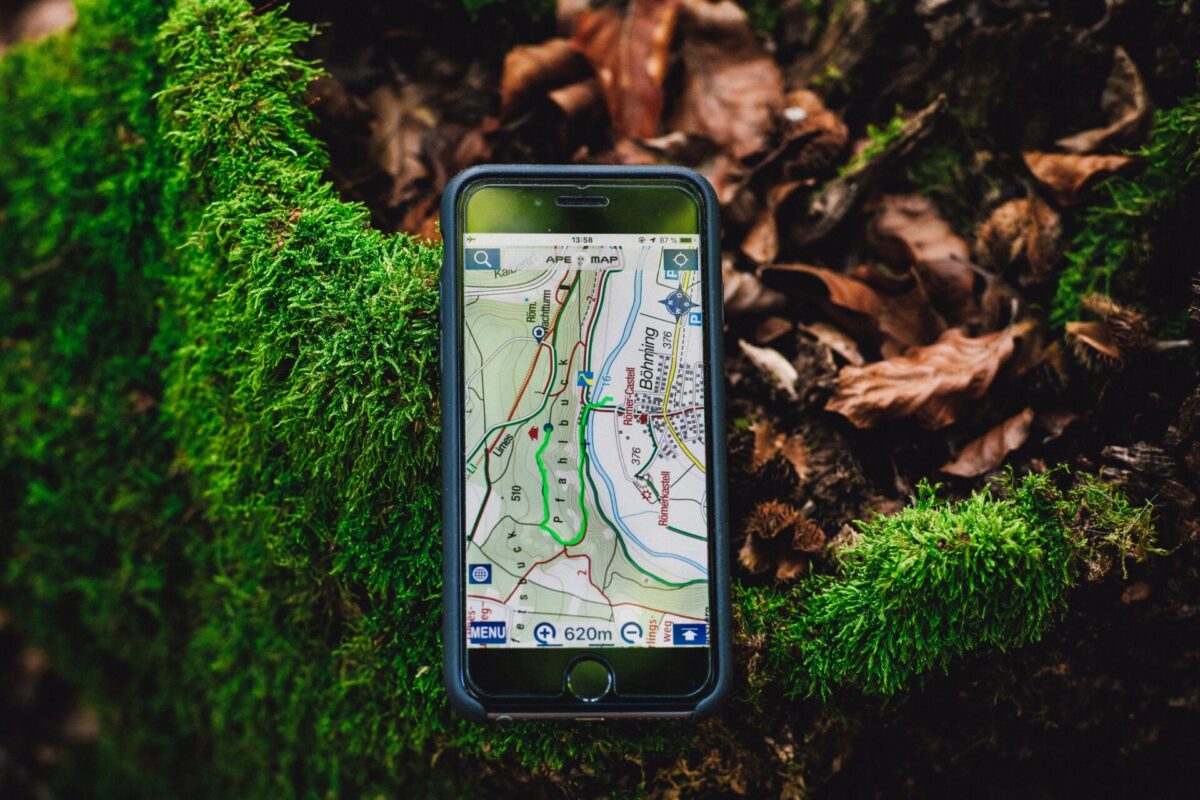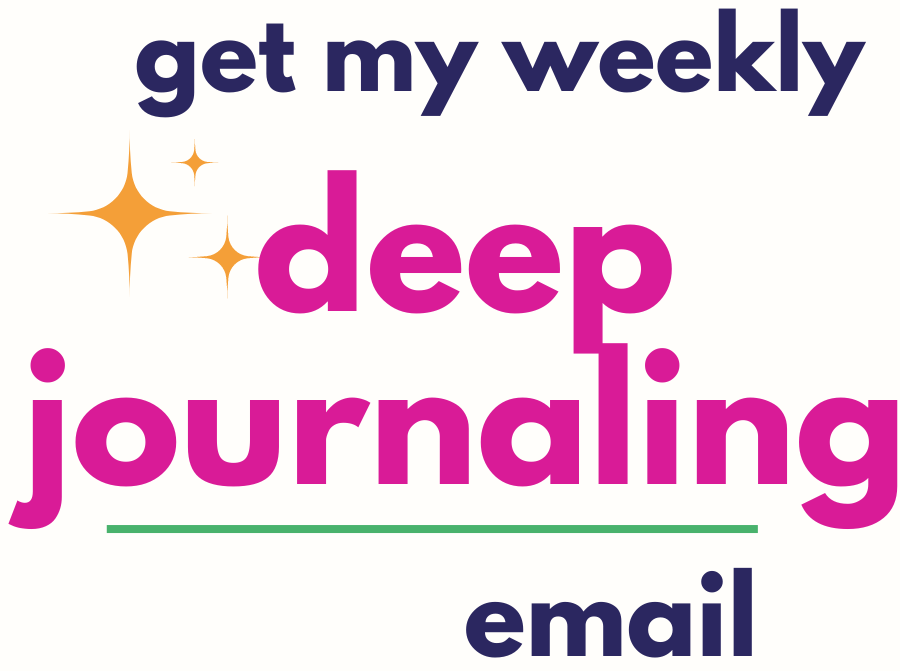My Dad has a strained relationship with his GPS.
He calls her “Mona,” and her directional narratives are usually patient. Every once in awhile, my Dad opts for a different route. Say he wants to avoid a dead armadillo blocking the road. Mona then suggests — with escalating urgency — that he perform a U-turn at the nearest opportunity so she can get him back on track.
My Dad is convinced she gets mad at him when he keeps going straight. She huffs in exasperation, her tone reproachful: “Recalibrating…” Mona doesn’t like recalibrating, but she does it when necessary.
I’ve been thinking about recalibration a lot lately. About adjusting expectations. About reconfiguring the game plan.
We humans are a delightfully adaptable bunch. Given the choice, many of us would prefer to stick to the status quo. We prefer stability and comfort, but we adapt efficiently to our changing environment.
The new relationship that is going in a different direction than expected. An illness that requires total re-arrangement of calendar and lifestyle. A treasured job suddenly gone. A relative recovering from a natural disaster on your couch. Winning the lottery (okay, I wish I had to adapt to that one.)
We can take in new ideas, and recalibrate our beliefs. We can take in new information and recalibrate our expectations. We don’t have to stay stuck. We don’t have to defend a way of thinking just because it made sense yesterday.
This is one of the most valuable lessons I’ve learned over the past few years. The beauty of staying flexible. The art of detaching myself from my long-held beliefs in light of new information, new experiences.
Lost in the Wilderness
Some friends took me on a hiking trip a decade ago. I was unprepared for the hike, mentally and physically. I was traumatized and never went hiking again.
Then I met the Page. The Page hiked from Georgia to Maine one summer. For fun.
I giggled at the irony of our pairing. The girl who hates hiking and the boy who volunteers for the Washington Trails Association.
A few summers ago, we were at Discovery Park. He said, “Let’s check out that trail.” Immediately the anxiety rose in my throat. Hiking? He wanted me to go hiking?
I took a deep breath, realizing my last hiking experience was a million years ago in a totally different situation. He held out his hand and I looked at his cherubic face, unable to turn him down.
And so we walked. The spring maples were unfurling their bright green leaves, casting spirals of shadow on the trail. The earth smelled vibrant and fertile. It was so quiet — no traffic, no hum of machines. Damp moss cushioned our footsteps. Orange mushrooms blossomed beneath ferns. The enormous pines towered over us, making me feel deliciously small and insignificant. I could forget all my worldly worries here.
After a few minutes, he said, “You look deep in thought.”
“I’m recalibrating,” I told him. “I haven’t historically enjoyed hiking. But I’m thinking it was the circumstances of my last hike I didn’t like. I’m enjoying this. A lot.”
“It’s just a walk,” he said. “In the woods.”
Journaling for Recalibration
Are there places in your life that need recalibration?
Sometimes we forget why we even believe something, or hold a grudge, or do something a certain way. We may take in new information, but dismiss it — or even debunk it — so we can cling to our former ways.
But we are not our beliefs, opinions, grudges. We are flexible human beings. We take in new information, hear new views every day.
Recalibrating your views and beliefs, your likes and dislikes, your way of doing things, is the mark of a secure soul. It’s a sign of personal growth.
Once you get past the discomfort of recalibrating, you start to look forward to it. You realize there’s freedom in saying, “Maybe I wasn’t right about that. Maybe there’s more to this story than I once believed.”
When I’m talking to an opinionated person, I ask for details about their opinion. Why they harbor that belief, how they reached that conclusion. Instead of seeking an opportunity to express my view, I ask questions. I’m listening for new information, points I haven’t heard before — doing research. At the end of a conversation, people are often startled to discover that I totally disagree with their point of view.
Let’s journal about recalibration.
Here are some prompts and questions to ask yourself in your journal to hone your skill of recalibration.
- How do you feel about the idea?
- Do you recalibrate regularly?
- Are your beliefs based on facts and personal research?
- Do you consciously form your views, or were they fed to you by someone else?
- Where in your life, work, or relationships would you like to try recalibrating?
I’ve gained enormous freedom in recalibrating, and I think you can, too.




